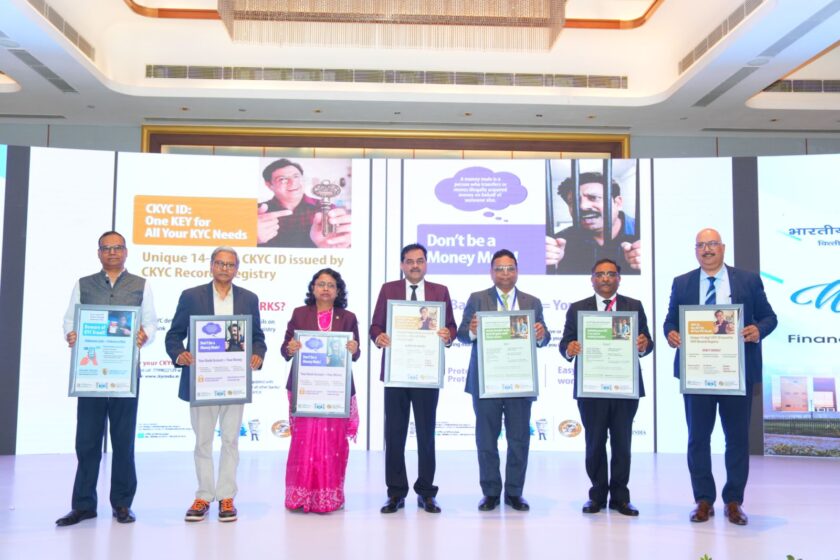Lucknow: In a significant step towards raising public awareness on the growing menace of cybercrime, the Bharat Jyoti Consumer Protection Council, located at 217, Empire Estate Residency, Mall Avenue, Lucknow, organised a detailed educational session titled “Cyber Crimes, Mechanisms and Prevention.” The initiative aimed to sensitize citizens about the different types of cybercrimes, highlight preventive measures, and empower victims with reporting mechanisms.
As cybercrime continues to evolve with technological advancement, the initiative comes at a crucial juncture when online threats are increasingly targeting individuals, businesses, and governments—often resulting in heavy financial losses, compromised data, and reputational harm.
Overview of Cybercrime Categories
The program comprehensively classified cybercrimes into several categories, underlining their complexity and reach:
1. Online and Social Media Crimes
These include a broad range of offenses such as:
-
Cheating by impersonation
-
Cyberbullying, stalking, and sexting
-
Email phishing and fake profiles
-
Online job and matrimonial fraud
-
Identity theft and provocative speech inciting unlawful acts
With the anonymity provided by digital platforms, perpetrators often deceive, harass, or defame unsuspecting users.
2. Transmission of Explicit Material
The session emphasized the legal implications of transmitting or publishing sexually explicit content electronically. Distribution of such material, particularly involving children, is a serious offense punishable under stringent laws.
3. Online Financial Frauds
The most reported form of cybercrime, financial frauds include:
-
UPI fraud
-
SIM swap attacks
-
Fake investment scams
-
Internet banking and e-wallet fraud
-
Business email compromise (BEC) and phishing
As mobile and internet banking usage grows, so does the frequency and scale of financial cybercrime.
4. Cryptocurrency-Related Crimes
New-age cybercriminals are leveraging digital currencies to execute:
-
Crypto jacking
-
Mining scams
-
Fake crypto investment schemes
The session warned of fraudulent cloud mining offers and platforms luring users with unrealistic returns.
5. Hacking and Data Breaches
Unlawful access to computer systems to delete, alter or steal data is categorized under hacking. Cybercriminals employ malware, email hacking, and website defacement to disrupt digital systems and operations.

6. Child Pornography / CSAM
Participants were sensitized about the grave consequences of producing, sharing, or possessing child sexual abuse material. Such acts are not only morally reprehensible but also attract severe legal action.
7. Ransomware
One of the fastest-growing forms of cybercrime, ransomware attacks involve locking users out of their own systems until a ransom is paid. These attacks are becoming increasingly sophisticated and damaging.
Prevention is Better Than Cure
The Council listed out key precautions individuals can take to safeguard themselves in cyberspace:
-
Keep antivirus software updated.
-
Avoid suspicious websites and explicit content.
-
Use secure email providers (like Gmail/Yahoo).
-
Do not fall for “get-rich-quick” schemes or too-good-to-be-true offers.
-
Maintain a separate low-balance account for online transactions.
-
Avoid using multiple banking apps on one phone.
-
Refrain from interacting with fraudulent calls from fake officials.
-
Limit sharing personal media online.
-
Ignore threatening messages and pop-ups demanding ransom.
Reporting Cybercrime: What To Do If You’re A Victim
The session concluded with a guide on reporting mechanisms:
-
Call the national cybercrime helpline at 1930
-
File a complaint at the nearest Cyber Police Station
-
Email SP Cyber Crime (U.P.) at: sp-cyber.lu@up.gov.in
-
Email the Ministry of Home Affairs (GOI): cyberdost@mha.gov.in
-
Send a written complaint to:
5th Floor, NDCC-II Building, Jai Singh Road, New Delhi-110001 -
Visit the official cybercrime portal: https://i4c.mha.gov.in
Speaking on the occasion, Rupendra Kumar Porwal (B.Com., FCS, LL.M., University of Manchester, UK) and Ishu Dubey (M.Com., LL.B.) underscored the importance of timely reporting in reducing losses and helping law enforcement agencies act swiftly. They emphasized that cyber safety is a shared responsibility and urged citizens to remain vigilant.
As digital life becomes inseparable from daily living, the awareness campaign by Bharat Jyoti Consumer Protection Council has taken an important step in educating the public to stay secure in an increasingly vulnerable online world.
For more details, visit: www.bharatjyoti.org
Contact: +91 9415028127










